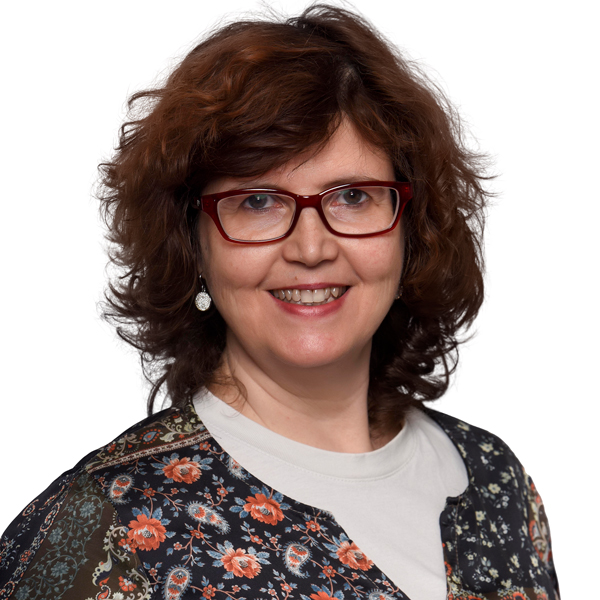Join the Shared Stories "100 days, 100 recording readings" challenge
Subject: Arts and humanities | Multidisciplinary
The "100 days, 100 recording readings" challenge aims to reach a hundred recordings before August. Will you lend your voice to it?
Did you know that your voice can contribute to raising the profile of women in literature? Take part in Shared Stories, and help us restore the legacy of female authors in our literature and enhance their public recognition. It's really easy: just sign up and record yourself reading aloud a text by a female writer. This recording will be added to an open bank of recording readings on the UOC Library's website, which already contains more than 200 of them!
The initiative, organized by the UOC Library and the Camilo José Cela University with the participation of the UOC's Culture department, is now running for the fourth time. Continuing to grow, it aims to expand the collaborative collection with the involvement of the entire UOC community and the general public. For this reason, we are organizing the "100 days, 100 recording readings" challenge, in order to give an initial boost to the project and reach a hundred readings before August.
How can you take part?
You'll find all the instructions for taking part on the project website. All you have to do is choose a text from the list of authors and extracts available, and sign up for the campaign. You can record your reading at home, using any device, following the technical recommendations to ensure good audio quality.
Take part
-
Choose a text
Take your pick from the list of works in the public domain.
-
Sign up(link opens in a new window)
Sign up for the initiative. In the registration form, include the title of the book you have chosen.
-
Record and edit(link opens in a new window)
Follow the instructions for the campaign. We will share the tools for recording and editing with you.
-
Send the audio reading(link opens in a new window)
Share the audio in .mp3 format. When it has been published, share the audio reading with the hashtag #RelatosCompartidos.
Spread the word!
In addition to recording the readings, you can also contribute to the project by raising its profile on social media, sharing UOC publications, or using the #RelatsCompartits or #RelatosCompartidos hashtag. Every interaction helps and contributes to building this space for memory and recognition.
Shared experiences
There is a personal story behind each recording reading, a motivation and a different way of experiencing literature. Find out what it's like to participate in Shared Stories:
"It's a lovely project that means we can bring stories not only to people who haven't read them, but also to people who can't read them". This is what led Marta Quintero, a student at the Centre for Modern Languages, to participate in the initiative: "My father always loved reading, but he lost his sight a few years ago, and audiobooks became his way of continuing his hobby. That's why I'm taking part in this project - so that people like my father can enjoy these authors".
"A voice sets a tempo that can change the world. Through the imagination, the tone and rhythm of recording readings can transport you in very different ways", added Fuensanta Moreno, a student on the Bachelor's Degree in Digital Design and Creation, and a participant in previous campaigns.
The first participants of the fourth campaign have already shared their recording readings. Among them is Carmen Gonzalez Coello, a student on the UOC's Bachelor's Degree in Communication, who said that being part of Shared Stories has been "a very enriching experience for raising the profile of literature written by women". She chose a work by Olimpia Cobos Losúa: "I was captivated by the strength and courage of her female character, which was unusual for her time, and the sarcastic humour with which she ends the text, leaving us with a smile. It was a pleasure to give her work a voice, in a spirit of respect and admiration. I discovered her thanks to this initiative, and now I want to read the rest of the work."
First-person accounts like these give meaning to a project that aims to be collective and transformational. The UOC reaffirms its commitment to culture and shared knowledge with initiatives like Shared Stories, which will continue until 17 September.
Experts
Mireia Castillón
Operative subgroup: Law and Political Science resource manager, vocational training, gender perspective Operative group: Library for Learning


